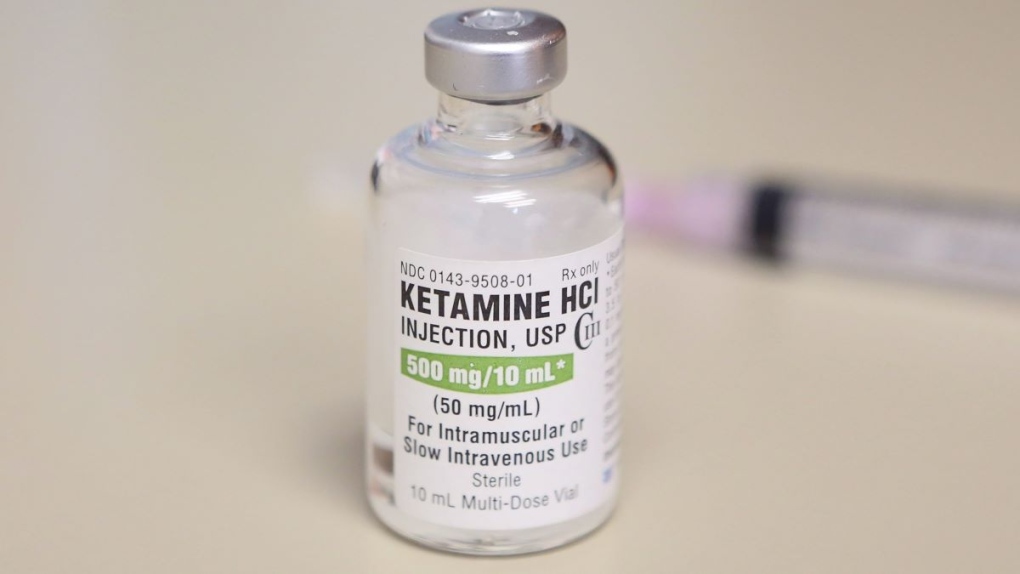As healthcare professionals in the United States are progressively reducing the use of opioid painkillers, a novel approach to tackling hard-to-treat pain has been emerging: ketamine, a drug with a long history in surgery but now gaining popularity as a trendy new psychedelic therapy.

New Psychedelic Therapy Emerges as Revolutionary Pain Management Amidst Limited Research and Regulation (Photo: Rocky Mountain Outlook)
Ketamine’s Expanding Role in Healthcare
In a report published by US News, in November 06, 2023, this new psychedelic therapy transformation is driven by a surge in ketamine prescriptions, with for-profit clinics and telehealth services providing this medication as a treatment for a variety of conditions, including pain, depression, and anxiety. It dives into the growing use of ketamine in the medical field, showing its effectiveness and challenges.
Ketamine, a surgical anesthetic approved more than half a century ago, is now finding a new purpose in medicine and hailed as new psychedelic therapy. While originally utilized as an anesthetic for surgical patients, it is also known for its capacity to induce psychedelic, out-of-body experiences at lower doses, which made it a popular club drug in the 1990s. Currently, patients with chronic pain, depression, anxiety, and post-traumatic stress disorder are increasingly experiencing these psychedelic effects, as it is being used for therapy. This raises the question of whether the psychedelic experience is an integral part of the drug’s therapeutic potential as new psychedelic therapy.
Despite its growing popularity, ketamine new psychedelic therapy is not without its challenges. The increase in prescriptions has resulted in shortages of manufactured ketamine, which has led to a rise in compounded versions of the drug. However, there is limited evidence to support the effectiveness of these compounded versions, and their safety is often in question.
READ ALSO: Lawrence County Home Invasion Murder Suspect Arrested And In Custody
Challenges of Ketamine Therapy
According to the news reported by AP News, additionally, the business model surrounding ketamine as new psychedelic therapy has attracted venture capital investors and consulting firms, intensifying competition among clinics and telehealth services. Furthermore, the regulatory landscape remains uncertain, with concerns about the misuse and off-label prescribing of ketamine. As the use of ketamine new psychedelic therapy continues to evolve, striking a balance between accessibility and safety remains a crucial concern for healthcare professionals and regulatory authorities.
The surge in ketamine new psychedelic therapy as a novel approach to treating various conditions is changing the landscape of pain and mental health treatment. However, as the use of ketamine expands, concerns about its effectiveness, safety, and regulation need to be addressed to ensure that patients receive the best care possible. This “wild west” of ketamine therapy presents both opportunities and challenges in the evolving field of psychedelic medicine.
READ ALSO: Hit-And-Run Accident Injures An Arab Muslim Student; Authorities Are Considering It A Potential Hate Crime
























